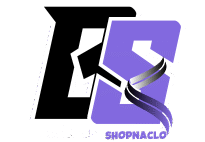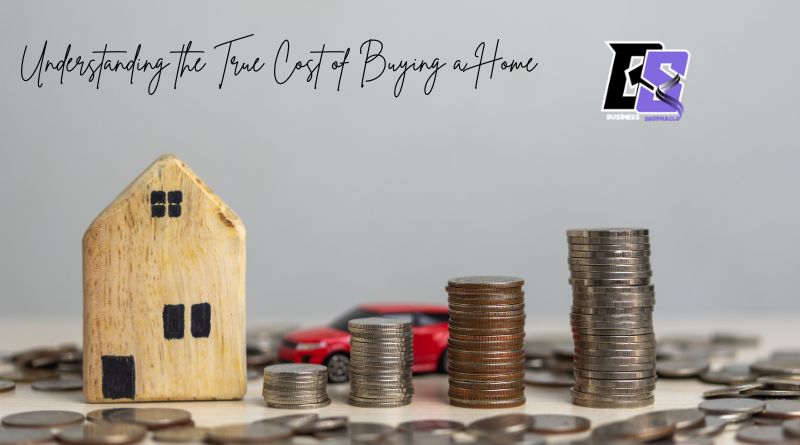Understanding the True Cost of Buying a Home
Mortgage and Down Payment Basics
The first expense homebuyers encounter is usually the down payment, which typically ranges from 3% to 20% or more of the home’s value. Most buyers finance their purchase with a mortgage, which brings additional costs like origination fees, private mortgage insurance if their down payment is below 20%, and interest over the life of the loan. Calculating these factors early helps set a realistic budget. Using an online mortgage calculator or discussing terms with a lender is a smart first step.
Understanding Closing Costs
Closing costs are a blend of fees paid to process and finalize a home loan, covering things like appraisal, title insurance, attorney fees, escrow, and more. These costs often add up to 2-5% of the purchase price. Many buyers are surprised at the total, so plan. Consulting professionals like the Vail CO real estate experts Viola Realty can help you review estimates and understand where savings might be possible. Recent Consumer Financial Protection Bureau guidance recommends reviewing your official Closing Disclosure closely before your settlement date.
Property Taxes and Homeowners’ Insurance
Homeownership means ongoing property taxes and homeowners’ insurance. Property tax rates depend on your home’s location and value, and annual bills can be thousands of dollars. Lenders require homeowners’ insurance, which protects against fire, theft, natural disasters, and accidents, and is often bundled into monthly mortgage payments. Understanding these recurring costs prepares you to budget beyond the sale and protect your investment.
HOA Fees and Community Dues
If you buy a home in a development or planned community, you may owe homeowner association dues (HOA fees). These fees support shared amenities, landscaping, and neighborhood upkeep. HOA fees can range from moderate to substantial, especially in areas with pools, gyms, or private security. Before buying, request a copy of the HOA’s rules and fee schedule to avoid future surprises.
Utilities, Maintenance, and Repairs
Ongoing utility costs include water, electricity, gas, trash removal, and internet. New homeowners may also find routine maintenance—like HVAC tune-ups, gutter cleaning, or lawn care—requires time and money. The industry rule of thumb is to budget about 1% of your yearly purchase price for maintenance. When unexpected repairs arise, costs can jump, so plan for recurring bills and infrequent but necessary fixes.
Unexpected Costs and Emergency Funds
Appliances fail, roofs leak, and accidents happen. Even well-prepared homeowners face surprise expenses. It’s wise to keep an emergency savings fund dedicated to home repairs. According to recent research, homeowners who don’t budget for emergencies often rely on credit cards or loans, adding financial strain. Building an emergency cushion is the most proactive approach to handling these inevitable challenges.
The Value of Market Research
Researching the local real estate market helps buyers anticipate all potential costs tied to a particular home or neighborhood. Public records, local government sites, and official real estate statistics offer insight into taxes, average utility usage, or historical HOA increases. By seeking this data, you’ll make smarter, more informed decisions from your first showing to the final signature.
Partnering with Trusted Experts
Home purchase transactions involve multiple steps and professionals, from real estate agents and inspectors to attorneys and lenders. Reliable local experts can clarify what to expect and help you avoid costly missteps. Working with experienced professionals also means support when negotiating, reading the fine print, or preparing for closing.
read also: 18003280355




